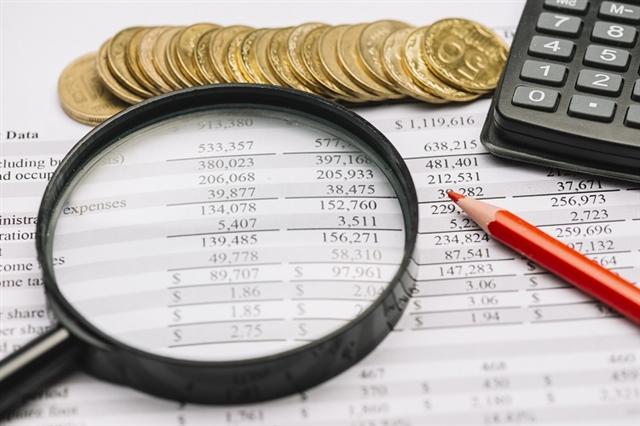Reaching fair and functional taxation
Reaching fair and functional taxation
Over the past 30 years, Vietnam has transformed from one of the poorest countries in the world to an advanced middle-income economy. Rapid economic growth, sustained at rates amongst the highest in the world, has lifted millions out of poverty. An important element in this growth has been the integration of Vietnam into the global economy and an attractive destination for foreign investment. With this dynamism have come new challenges, including ensuring multinational enterprises and other foreign investors pay their fair share of taxes in Vietnam.

Reaching fair and functional taxation - illustration photo
|
By Ben Dickinson - Head of Global Relations and Development Division OECD Centre for Tax Policy and Administration
In 2017, Vietnam became the 100th member of the Inclusive Framework on Base Erosion and Profit Shifting (BEPS), an international coalition of countries hosted by the Organization for Economic Co-operation and Development (OECD) working together to tackle international tax avoidance by multinational enterprises. By joining the framework, Vietnam has signalled not only its commitment to international co-operation and the implementation of international tax norms but also its ambition to improve domestic resource mobilisation to enable further investments in public infrastructure and the provision of public services to its citizens. Given Vietnam’s reliance on corporate income tax, this is an important opportunity. As part of this process, the General Department of Taxation has been working intensively to build capacity on international tax matters, with help from the OECD.
Vietnam has been closely involved in the international discussions on addressing the tax challenges of the digitalisation of the global economy. The international tax rules, developed in a brick and mortar era, are being updated to keep up with the changes in information and communication technologies. For instance, the current tax rules are based on physical presence, yet today, a foreign company may have significant involvement in Vietnam’s economic life solely through virtual channels.
New rules are being debated to ensure all jurisdictions retain appropriate rights to tax the profits of multinationals where value is created while ensuring a greater level of tax certainty for business.
With its relatively open economy, such topics are particularly relevant for Vietnam. The discussions are now at a critical stage, and more time may be needed to secure full agreement on all aspects, but all 137 countries involved in the OECD-hosted Inclusive Framework on BEPS are committed to finding a multilateral solution. The alternative of a plethora of unilateral uncoordinated tax measures and retaliatory actions could lead to costly trade wars – exactly what the global economy does not need as countries try to recover from the current pandemic.
Acknowledging the importance of transparency to support effective taxation and a level playing field for all, Vietnam joined the Global Forum on Transparency and Exchange of Information for Tax Purposes (the Global Forum) in late 2019. The Global Forum is the world’s largest tax body, focused on the implementation of the exchange of information standards. As a Global Forum member, Vietnam sends the message to the world that it is aligned with the highest tax and transparency standards, leaving no space for tax evasion or avoidance.
Tax authorities worldwide are already seeing the benefits of greater transparency with data exchanged on 84 million financial accounts held offshore amounting to €10 trillion ($11.27 trillion) in 2019, and a 24 per cent ($410 billion) reduction in foreign-owned bank deposits in international financial centres between 2008 and 2019.
Fair and effective taxation of multinational enterprises will be critical as all governments strive to rebuild their fiscal positions following the COVID-19 crisis. While Vietnam has handled the crisis admirably, there will inevitably be a need to rebuild fiscal positions and fund investment in public infrastructure, including in healthcare, once the recovery is underway.



























